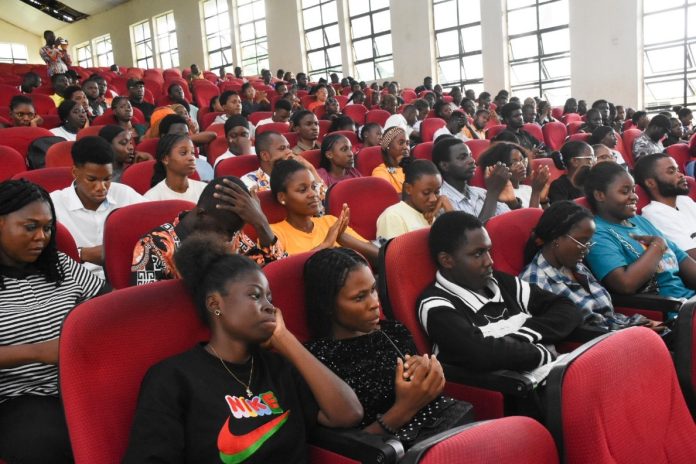BY MOHAMMED DAHIRU AMINU
THE recent announcement by the Tertiary Education Trust Fund — TETFund — to end overseas scholarships for Nigerian university staff starting January 2025 has sparked critical discourse. Among the reasons cited for this decision are the challenges posed by the high exchange rate between the naira and the dollar, as well as the issue of scholars absconding after completing their training abroad. Although these concerns are valid, the proposed solution — focusing on local training — misses the mark and risks perpetuating systemic problems in Nigeria’s educational and economic ecosystems. This policy is emblematic of what can be described as “barking up the wrong tree,” a recurring Nigerian approach that tackles symptoms rather than root causes. If this trajectory is maintained, Nigeria risks continuing a cycle of underdevelopment that future generations will inherit. A more nuanced and forward-thinking solution is required to address the underlying issues and ensure that the country does not only retain its talents but also becomes a magnet for global expertise.
TETFund’s decision assumes that training scholars locally will curtail their ability to leave the country, thereby solving the “brain drain” problem. But this is a flawed premise. It disregards the reality that talented persons, regardless of where they are trained, will always find opportunities abroad if conditions at home remain unfavorable. The example of a friend who recently transitioned from a PhD at the Federal University of Technology, Owerri, to a postdoctoral position at Arizona State University, or another who secured a position at University of the Free State, South Africa, after completing a PhD at the University of Ilorin, exemplifies this point. Good scholars are inherently competitive and adaptable. They can leverage local qualifications to access global opportunities. Denying them overseas scholarships does not eliminate the problem of abscondment, but it merely shifts the pathway. Still, the global academic community actively seeks talent, and scholars who excel will always find avenues to pursue their ambitions elsewhere.
This is not the first time Nigeria has attempted to restrict international scholarships. During the General Buhari military era, the government implemented a similar policy, limiting funding for overseas education in favor of local training. Yet, this did little to prevent scholars from seeking opportunities abroad or retaining them post-training. Those policies neither addressed the systemic issues that drive talent away nor incentivized scholars to return and contribute meaningfully to Nigeria’s development. A scholar’s decision to stay or leave is primarily influenced by the conditions they encounter upon their return. If economic, professional, and social incentives do not align with their aspirations and the standard of living they experienced abroad, their departure becomes inevitable. This is a recurring challenge that requires addressing fundamental issues within the country, not merely changing training locations.
Incentives are the key to attracting and retaining talent, as seen in institutions like the American University of Nigeria — AUN — in Yola. Despite being located in the same city as a public university, AUN consistently attracts foreign academics and professionals, thanks to competitive salaries, superior working conditions, and robust institutional support. This contrasts starkly with public universities, where conditions often fail to meet the basic expectations of both local and international scholars. This exemplifies the critical role incentives play in retaining talent. It is not about nationality but about creating an environment where professionals feel valued, supported, and adequately compensated. If non-Nigerians are willing to work in Nigeria under the right conditions, why should Nigerians need to be coerced into staying?
The ultimate solution lies not in restricting opportunities but in transforming the home front. Scholars do not abscond simply because they are trained abroad. They leave because Nigeria fails to offer them a viable future. If the government genuinely wants to address this issue, it must focus on making Nigeria an attractive destination for talent, both local and international. This involves improving the state of public universities by investing in infrastructure, ensuring competitive remuneration for academic staff, and fostering an environment conducive to research and innovation. It also requires addressing broader systemic issues such as economic instability, insecurity, and inadequate healthcare and housing systems. Only then can Nigeria hope to retain its best and brightest while also attracting global talent.


